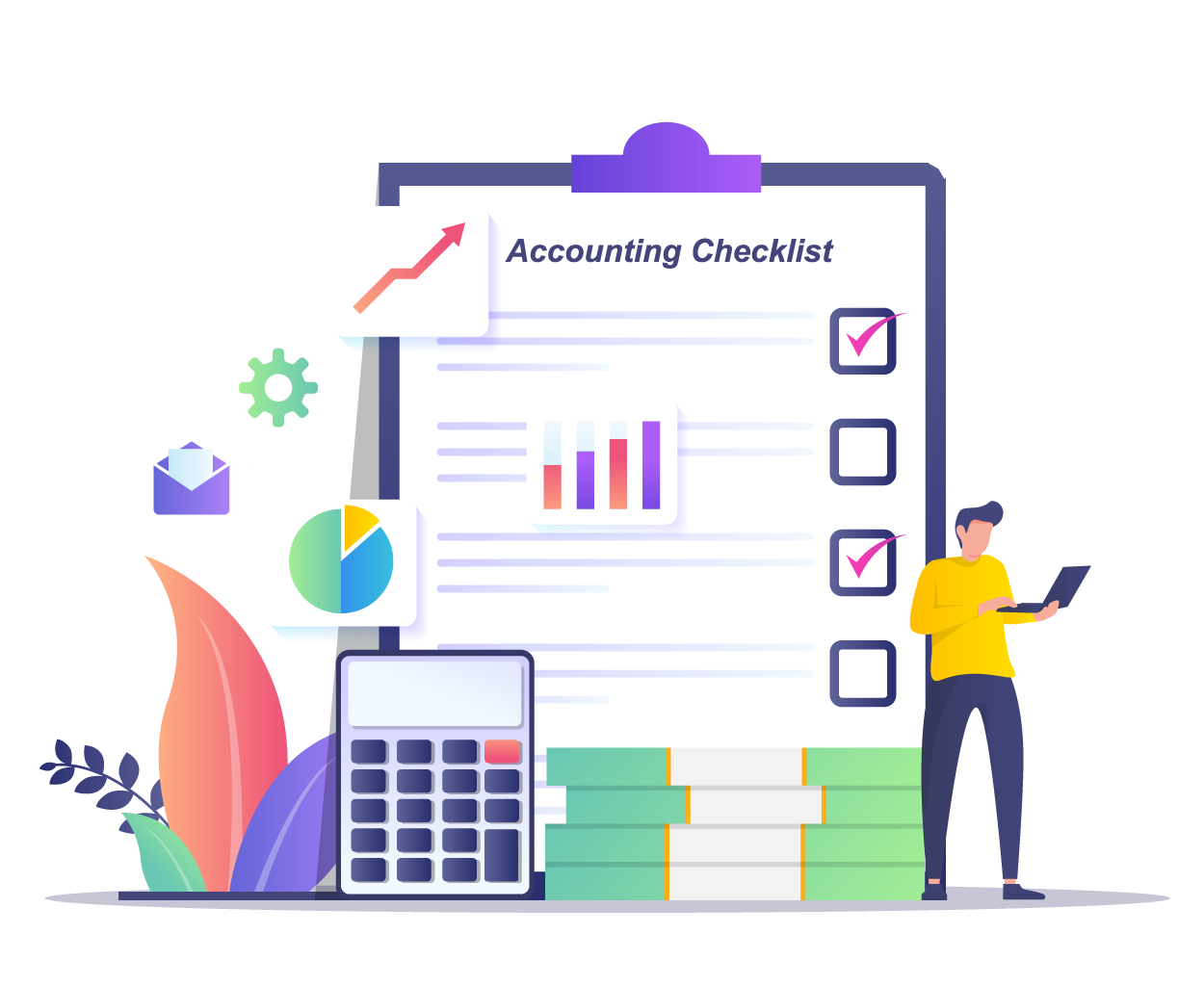As a criminal defense lawyer, you spend a lot of time defending your clients’ rights—both in and out of the courtroom. The meetings, court dates, and deadlines can all pile on quickly, and before you know it, you’re left with little to no time for working on administrative tasks. However, you can’t afford to let these jobs fall by the wayside.
As much as it is essential to do what’s best for your clients, you need to do what is best for your law firm. This includes keeping track of your budget, invoicing, and client relationship management. These tasks are all critical parts of running any business, and your law firm is no exception.
Fortunately, you can set your criminal defense firm up for success by making the right changes—with the right software.
Challenges of running a law firm
When you run a law firm, you may find that you don’t have enough human resources or staff to handle your day-to-day administrative workload. As a result, these tasks get added to your plate. But challenges for criminal law firms go beyond excessive non-billable hours. Other common challenges include:
1. Going over budget
Criminal law matters can be complex, and unanticipated expenses can add up quickly. It’s important to have a budget for each matter within your law firm and cases, but this can prove to be time-consuming and difficult to do without the right tools or assistance.
2. Failing to track billable hours
Spending hours at the courthouse every week? When you are working outside of the office, it can be difficult to accurately track the number of hours you spend working on each case, so you could miss out on opportunities for more income.
3. Poorly organized onboarding
Often, intake forms do not have enough space or questions for defense attorneys to truly get to know the client and case or understand whether they are the right fit. This can delay the onboarding process or lead to valuable time spent onboarding clients that aren’t the right fit for your practice areas.
4. Struggling to get new clients
Since the goal is not to have a roster of repeat clients, defense attorneys need to put in additional work to find new clients—but this can prove to be a challenge.
5. Understanding firm’s performance
Many lawyers never check up on the health of their business, so they have no idea where they stand when it comes to revenue per client, operational cash flow, and other key performance indicators.
6. Managing documents
From evidence to witness statements, there are mountains of paperwork that can pile up when you are working on a defense case. It can be easy to get disorganized or even lose important documents.
It’s important to regularly review and have a deep understanding of your financial health to ensure that errors will be caught and performance can be analyzed. Always knowing the status of your business allows for adequate planning and, if necessary, a change of course before it is too late!
Six strategies for a successful year for your criminal law practice
If you are dealing with any of the struggles listed above, legal practice management software can help. The following are just a few of the solutions you can implement when you have these helpful tools.
1. Improve your budget
Staying on budget, both at the matter level and firm level, is essential for a profitable practice. Legal-specific management software can assist you in improving your law firm’s budget so you can get ahead of unanticipated expenses, dedicate appropriate resources to cases, and create a strong foundation to grow your practice on.
To improve your law firm’s budget, double-check key elements such as:
- Overhead expenses—have they risen or decreased?
- Rates—do your rates accurately represent the time and effort that goes into handling legal matters at your firm?
- Projected revenue—is it sufficient to cover overhead expenses while also creating a profit margin?
- Practice area demand—how has demand for criminal law changed in your region? Is a particular sub-practice area seeing a higher (or lower) demand for legal services?
2. Offer flat fee or alternative fee structures
Client satisfaction is key to running a successful practice, and one way you can increase client satisfaction is by making it easier to pay for your legal services. Particularly in criminal law matters, you may see better collections results by billing on a flat-fee basis. Legal practice management software can even offer alternative fee structures so that you can find a billing method that works best for you and your clients.
Note that even with flat or alternative fee structures, you should still maintain best practices of diligently tracking your billable and non-billable hours. Time tracking helps you establish and maintain fair flat rates that cover your costs.
3. Customize intake forms
Client intake processes don’t have to be time-consuming or complex. To start clients out on the right foot, consider implementing customizable, logic-based intake forms within your legal client relationship management (CRM) tool. These forms can be tailored to gather critical information about pending cases from leads. Your firm will be able to qualify or disqualify leads based on intake forms without dedicating hours of non-billable time to the process.
Even better, customized intake forms can be used to populate client matters within your practice management system. This reduces the amount of manual data entry—and the potential for errors.
4. Lean into your CRM tools
Speaking of your legal CRM—remember that it goes way beyond client intake. Criminal law is a competitive field, and you don’t want to risk losing leads to your competitors. With your CRM, you can instantaneously send automated follow-ups when you are too busy to respond. A CRM also offers automated drip campaigns and appointment reminders through email or text. You can even use video messaging to make your response more personal.
5. Use online file-sharing and eSignatures
Legal software makes it effortless to share files online, whether you have to exchange evidence, receipts, or any other case-related documents. You can easily file these documents under the appropriate matter and keep everything organized and accessible. Best of all, you can use eSignatures with digital documents to process things more efficiently.
6. Analyze your reports
It’s vital that you always understand how your law firm is performing outside of the courtroom. For the most successful year possible, you need to make a regular date with your analytics dashboards. Your dashboard automatically generates useful reports for management and finance, highlighting the areas where your firm is on track, and where you may need to make adjustments.
Address the struggles of your criminal defense law firm with CosmoLex
Do you want to see for yourself how you can set your firm up for success with legal software? Try CosmoLex’s document sharing, CRM, legal billing, and other practice management tools—all for free. There is no risk, obligation, or credit card required to sign up!
Register today to start your free trial.
It’s important to regularly review and have a deep understanding of your financial health to ensure that errors will be caught and performance can be analyzed. Always knowing the status of your business allows for adequate planning and, if necessary, a change of course before it is too late!


